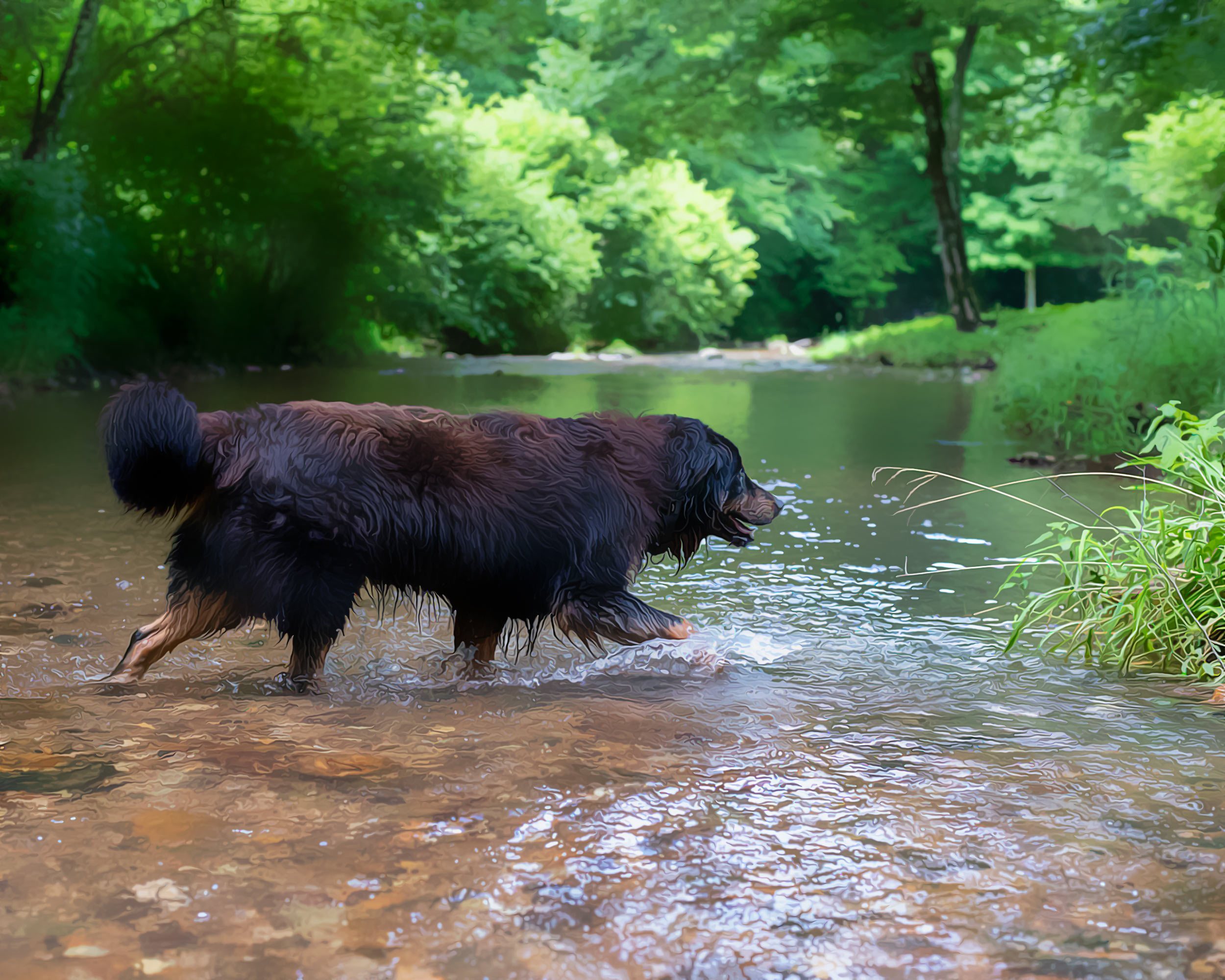Social Learning Mechanisms in Domestic Dogs
Social learning, the process by which animals acquire information or behaviors by observing others, is an important aspect of the development and behavior of many species, including domestic dogs. For domestic dogs, social learning can happen in a variety of contexts and through different mechanisms. Social learning mechanisms in domestic dogs are varied and complex, … Read more
